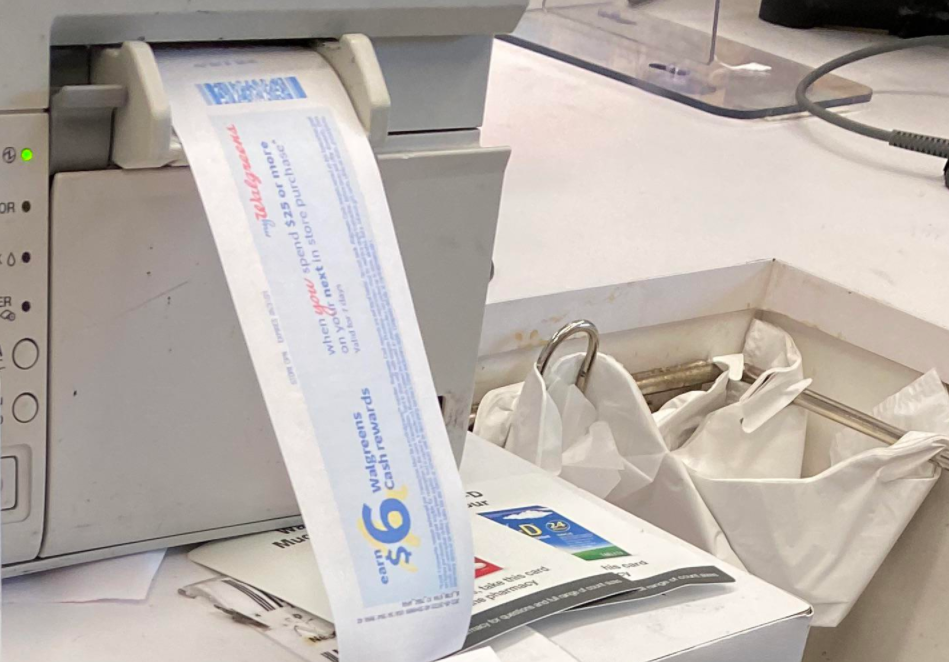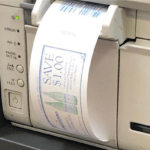
Nearly four years after her arrest, a California woman was sentenced Tuesday to 33 months in prison and ordered to pay $8.6 million in restitution, for running what prosecutors described as a “Catalina coupon empire,” creating and selling more than 100,000 counterfeit Catalina coupons worth nearly $10 million.
38-year-old Tong Lor of Modesto, California was charged back in 2021 with running “a large-scale operation to produce and sell fraudulent, counterfeit coupons,” with the help of authentic, illicit Catalina coupon machines, paper and ink that she obtained online.
Over a four-year period from 2017 through mid-2021, investigators said Lor, using the alias “Mandy Carr,” ran at least three invitation-only groups on the Telegram messaging service for her customers. Members of “Mandy’s Treasure Box,” “Mandy’s Knitting Club” and “Mandy’s Treasure Chest” were able to place orders for a variety of high-value coupons.
Once they did, Lor fired up one of the dozens of Catalina coupon printers she had purchased on eBay, using Catalina coupon paper and special Catalina coupon printer ink that she also purchased, and created her own counterfeit coupons.
As Catalina, manufacturers and retailers began seeing more of these counterfeits being redeemed in stores, concurrent with the U.S. Postal Service flagging an unusually high volume of mailing activity from Lor’s account, the U.S. Postal Inspection Service got involved. Investigators first seized a package sent to a buyer in New Jersey from a post office box in California registered to Lor. Inside, they found 140 counterfeit coupons.
So investigators began making undercover purchases of their own to see what else “Mandy” would send them. Over a nine-month period, they placed ten orders, and received more than 400 counterfeit coupons.
Lor was arrested in California and charged with mail fraud in May of 2021. She was accused of mailing at least 13,000 shipments of approximately 100,000 counterfeit coupons in total. Retailers and manufacturers lost more than $9.9 million as a result of the scheme, while Lor herself earned more than $700,000.
Prosecutors said Lor’s motive was partly to fuel a gambling addiction, and partly because she had “figured out” couponing and found counterfeiting to be “easy.”
Nearly a year after her arrest, Lor pleaded guilty in a New Jersey federal court to conspiracy to commit mail fraud, for which the maximum penalty was up to 20 years behind bars. She was also ordered to forfeit $727,155 – the amount of money she made from her counterfeit scheme. That’s in addition to the $8.6 million in restitution she now owes.
After serving her 33 months behind bars, Lor will undergo an additional three years of supervised release, during which time she will pay off her large debt on a monthly basis, one small dollar amount at a time, for decades to come.
This case represented one of the larger coupon fraud cases in recent years, eclipsed only by a $31 million counterfeit coupon scheme in Virginia that has been the subject of a TV documentary, and the notorious $40 million counterfeit case in Phoenix that was the basis for the movie Queenpins.
There’s no telling whether Lor’s case will end up on the big or small screen someday as well. But as Lor now knows, coupon crime isn’t entertainment. And she now has plenty of time to consider the real-life impact on manufacturers, retailers, fellow shoppers – and the counterfeiters themselves.










